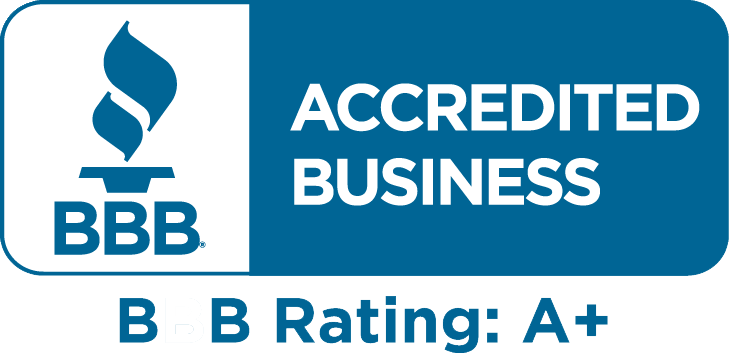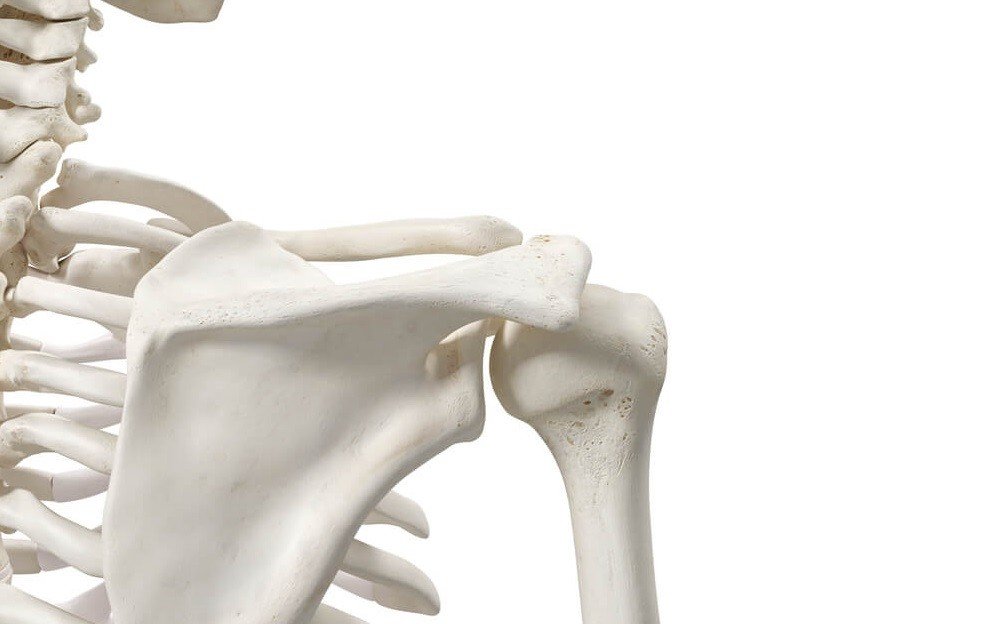How To Get The Brain Nutrition That You Need: Brain Health Support With Foods, Vitamins & More!
We’re fortunate that health professionals put Brain Health Awareness Week, March 13-19, on the yearly health calendar because your brain is the most complex organ in your body. It controls every aspect of who you are and what you do, including your thoughts, senses, heartbeat, emotions, and even your sex life. It makes sense that we should be paying closer attention to what we feed it.
In fact, Dr. David Perlmutter, MD, neurologist and author of The Better Brain Book says if your name has a vowel in it, you are at risk for a brain challenge or dementia, and you should be pay close attention to what you eat.1
You owe it to yourself and your loved ones to do a “brain check-up” and Brain Health Awareness Week is the perfect time to learn about brain nutrition and health. After all, isn’t it time you start protecting your brain the same way you protect your overall health?
Get The Brain Nutrition You Need So You Can Live Your Very Best Life.
Although the brain makes up only about 5 percent of our body’s mass, it consumes 20 percent of the oxygen carried in our blood. Since the brain doesn’t have any internal energy stores like muscle and other tissues do, all its metabolic needs must be met through the continuous flow of blood.2
In addition to transporting fuel and oxygen to brain cells, scientists believe that blood may help us think. In a review published in the Journal of Neurophysiology, Christopher Moore, a lead investigator in the McGovern Institute for Brain Research at MIT, says that blood is not just a physiological support system but actually helps control brain activity. Circulating blood supplies your brain with the oxygen, glucose and other nutrients it needs for optimal functioning.
It makes good sense, then, to make sure we are getting the best nutrition to sustain our blood. It’s equally important to obtain the best nutrients that support healthy blood flow and circulation from the heart to every organ and tissue in the body.
Support Healthy Blood Flow and Circulation With Good Nutrition
In order for blood to flow unrestricted throughout the vascular system, the arteries and veins must be flexible and dilate as needed. Nitric oxide is a molecule produced by the body that naturally relaxes the lining of blood vessels, allowing for easy blood flow.
Studies have shown that people who eat a diet containing foods and supplements that support nitric oxide production have better brain function.
Foods That Support Nitric Oxide Production
Beets and beet root
Beetroot juice is high in nitric oxide. A 2013 study from Howard University showed that the participants had increased cerebral blood flow after one serving of beetroot juice.3
In addition to supporting nitric oxide production, beetroot juice also contains other compounds that may work synergistically with nitric oxide, including antioxidants (betaine and vitamins) and the polyphenols, resveratrol and quercetin. 4
Resveratrol is found in pomegranates and red grapes and red wine.
Quercetin is found in apples and onions
Vitamin B12, Folic Acid, Vitamin E, Vitamin C, and Omega 3-Fatty Acids are also important for supporting the vascular system while supporting brain function.
Feed Your Brain
Vitamin C plays an important role in the synthesis of dopamine and norepinephrine, neurotransmitters in the brain. Neurotransmitters are the chemicals that allow the neurons in your brain to talk to one another. They are crucial to all forms of cognition: memory, focus, learning, energy, and happiness. 5 Vitamin C is found in citrus and other fruits and veggies, including potatoes.
Vitamin B5, B6 and zinc are important for memory and cognition. They are needed to transform lecithin into acetylcholine, which is the primary carrier of thought and memory. A deficit of this important neurotransmitter, can lead to memory and cognitive problems. Vitamin B5 (Pantothenic acid) is found in organ meats, beef, chicken, mushrooms, avocado, nuts, seeds, dairy, and fortified cereals.
Lecithin is found in: eggs and soybeans, wheat germ, peanuts, dairy products, lecithin, and organ meats.
For healthy acetylcholine production, make sure you’re getting enough of the nutrients that form it including choline. Vitamin C and B5 are needed to transform lecithin into acetylcholine, and B6 and zinc help in the synthesis of acetylcholine.
Choline is found in eggs, meat, fish, and dairy. Many fruits, vegetables, and whole grains contain small amounts of choline.
L-phenylalanine is an essential amino acid found in meat and eggs. It boosts the production of the neurotransmitters norepinephrine, dopamine, and epinephrine, all important for concentration, motivation, and memory.
Berries are good for memory. A study by researchers at Brigham and Women’s Hospital in Boston found that a high intake of flavonoid-rich berries such as strawberries and blueberries, can delay memory decline in older women by 2.5 years. 6
Green, leafy vegetables such as spinach, kale, collard greens, and broccoli contain vitamin K, lutein, folate, and beta carotene, which support brain function.
Omega-3 polyunsaturated fatty acids are extremely important in brain function. Approximately 20% of the dry weight of the brain is made up of omega-3 and omega-6 fats. Docosahexaenoic acid (DHA) is particularly prevalent in the brain and can be converted to Eicosapentaenoic acid (EPA). A deficiency of these fats can contribute to disorders of the brain including mood disorders. 7

Fatty fish is a great source of omega-3s. Vegetarians can get their omega-3s from flax and walnuts.
Omega-3 fatty acids are found in: cold water fish, such as salmon, mackerel, cod, mackerel, herring, rainbow trout, sardines, tuna; green leafy vegetables; flax seeds; chia seeds; pumpkin seeds; hemp seeds; walnuts; kidney beans; edamame; and seaweed and algae.
Scientific studies showing that omega-3s support brain health
A study published in the January 22, 2014 online issue of Neurology 8 found that the participants who took fish oil supplements for eight years had larger brain volumes. This is significant because shrinking brain volume is a sign of normal aging as well as decreased cognitive function.
Coffee and Tea
Over the years we’ve heard good and bad things about coffee. The latest word is that one or two cups of Joe a day is good for your brain! Tea also provides similar benefits as coffee.
Caffeine has many positive actions on the brain. It can increase alertness and well-being, help concentration, improve mood, and uplift mood. Coffee also contain antioxidants that provide numerous other benefits. Of course, sensitive individuals may not be able to tolerate caffeine, so adjust your intake according to your tolerance.9
Exercise!
Please don’t forget about including exercise in your daily routine for brain health. Exercise increases your body’s natural ability to produce nitric oxide, which is vital to supporting healthy blood pressure, circulation, and brain health!
References
- Perlmutter, David. The Better Brain Book, Riverhead Books. Aug 2004
- Massachusetts Institute of Technology (2007, October 17). “Blood May Help Us Think.” ScienceDaily. January 17, 2008
- Bond V Jr, Curry BH, Adams RG, Asadi MS, Millis RM, Haddad GE. Effects of dietary nitrates on systemic and cerebrovascular hemodynamics. Cardiol Res Pract. 2013;2013:435629. Epub 2013 Dec 25.
- Wootton-Beard PC, Ryan L. Combined use of multiple methodologies for the measurement of total antioxidant capacity in UK commercially available vegetable juices. Plant Foods Hum Nutr. 2012;67:142–147.
- Figueroa-Méndez R, Rivas-Arancibia S. Vitamin C in Health and Disease: Its Role in the Metabolism of Cells and Redox State in the Brain. Front Physiol. 2015 Dec 23;6:397.
- Devore, Elizabeth et al. “Eating more berries may reduce cognitive decline in the elderly.” Annals of Neurology April 25, 2012.
- Logan A.C. “Neurobehavioral aspects of omega-3 fatty acids: Possible mechanisms and therapeutic value in major depression.” Altern. Med. Rev. 2003;8:410–425.
- James V. Pottala, Kristine Yaffe, Jennifer G. Robinson, Mark A. Espeland, Robert Wallace, William S. Harris. “Higher RBC EPA + DHA corresponds with larger total brain and hippocampal volumes.” Neurology, Feb. 4, 2014;82 (5)
- Nehlig A. “Effects of coffee/caffeine on brain health and disease: What should I tell my patients?” Pract Neurol. 2016 Apr;16(2):89-95. Epub 2015 Dec 16.

















